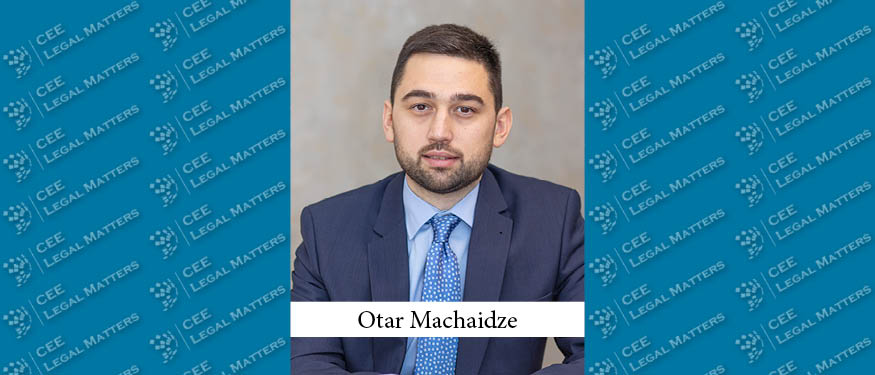The Croatian M&A market in 2024 is experiencing significant changes, largely driven by two key factors: the rise of sustainability and ESG considerations alongside a notable surge in energy-sector transactions. These trends reflect both global movements and Croatia’s commitment to the EU’s broader climate goals.
ESG as a Game-Changer in Corporate Transactions
In 2024, Croatia introduced significant regulatory changes with the implementation of the Corporate Sustainability Reporting Directive (CSRD) into national law by amending the Accounting Act, Audit Act, and Capital Markets Act. These regulatory changes mandate large EU companies, listed SMEs, and non-EU entities with significant operations in the EU to disclose detailed sustainability information, adhering to European Sustainability Reporting Standards and the “double materiality” framework, which evaluates both financial performance and the ESG impacts of their activities.
For acquirers, understanding a target’s ESG performance has become a critical part of the due diligence process. Beyond mitigating regulatory risks, a target’s commitment to robust ESG practices can enhance its valuation and appeal to socially conscious investors. Companies with strong ESG credentials are now seen as more resilient, innovative, and positioned for long-term financial success. Practical ESG due diligence involves assessing a company’s carbon footprint, waste management practices, governance structures, and labor standards. Neglecting these areas can result in transaction delays, legal complications, or even the collapse of a potential deal, emphasizing the importance of integrating ESG criteria into the investment decision-making process.
The Energy Sector: A Hotspot for M&A Activity
Alongside the ESG shift, Croatia’s energy sector has seen a significant uptick in M&A activity. The country has set ambitious renewable energy targets under the EU’s Fit for 55 package and the REPowerEU plan, aiming to significantly expand renewable capacity by 2030, including 2,000 megawatts each of wind and solar power. Offshore wind and floating solar projects are seen as particularly promising opportunities.
Investors are attracted to the sector not only for its strong returns but also because renewable energy projects align well with ESG-focused investment strategies. The EU’s Modernization Fund, which provides financial incentives for sustainable energy projects, further enhances the sector’s appeal. Consequently, the energy sector is experiencing increased M&A deals, with companies holding established renewable portfolios or strategic development rights becoming prime acquisition targets. Cross-border transactions are expected to rise as international investors seek to capitalize on Croatia’s renewable energy boom.
ESG Integration and Challenges in Energy M&A
Despite the potential, integrating ESG considerations into M&A transactions presents challenges. One major hurdle is the absence of standardized metrics for measuring ESG performance, which can complicate the evaluation process. Furthermore, aligning ESG objectives across different organizational cultures can be particularly challenging in cross-border deals. The energy sector in Croatia faces significant regulatory obstacles that complicate M&A deal execution. Bureaucratic inefficiencies, such as lengthy permitting processes and inconsistent policy implementation, have caused delays in renewable energy projects. For example, projects totaling 1,300 megawatts, valued at EUR 1.2 billion, have been stalled due to the Croatian Energy Regulatory Agency’s (Hrvatska energetska regulatorna agencija) failure to set grid connection fees. These delays create additional risks and complexities for acquirers.
Looking Ahead: 2025 Energy Legislation and ESG Compliance
In 2025, Croatia is expected to undergo significant reforms in its energy legislation aimed at accelerating the development of renewable energy projects. These reforms align with the EU’s broader efforts to streamline permitting processes and address delays within the current regulatory framework. In the coming years, Croatia will see the continued implementation of both the CSRD and the new Corporate Sustainability Due Diligence Directive. This will further shape the M&A landscape, pushing companies to align their strategies with ESG criteria while contributing to broader climate goals.
Conclusion
The Croatian M&A market in 2024 is being significantly reshaped by the dual impact of ESG integration and a surge in energy-sector deals, reflecting both global trends and Croatia’s commitment to EU climate objectives. Companies that effectively adapt to these trends will not only enhance their market competitiveness but also contribute to Croatia’s climate goals. The convergence of ESG and energy-sector dynamics will continue to influence M&A strategies, urging companies to adopt more sustainable practices while capitalizing on Croatia’s renewable energy potential.
By Martin Hren and Sandra Tomaskovic, Partners, Hren Tomaskovic Law Firm in cooperation with Nlaw
This article was originally published in Issue 11.11 of the CEE Legal Matters Magazine. If you would like to receive a hard copy of the magazine, you can subscribe here.
















